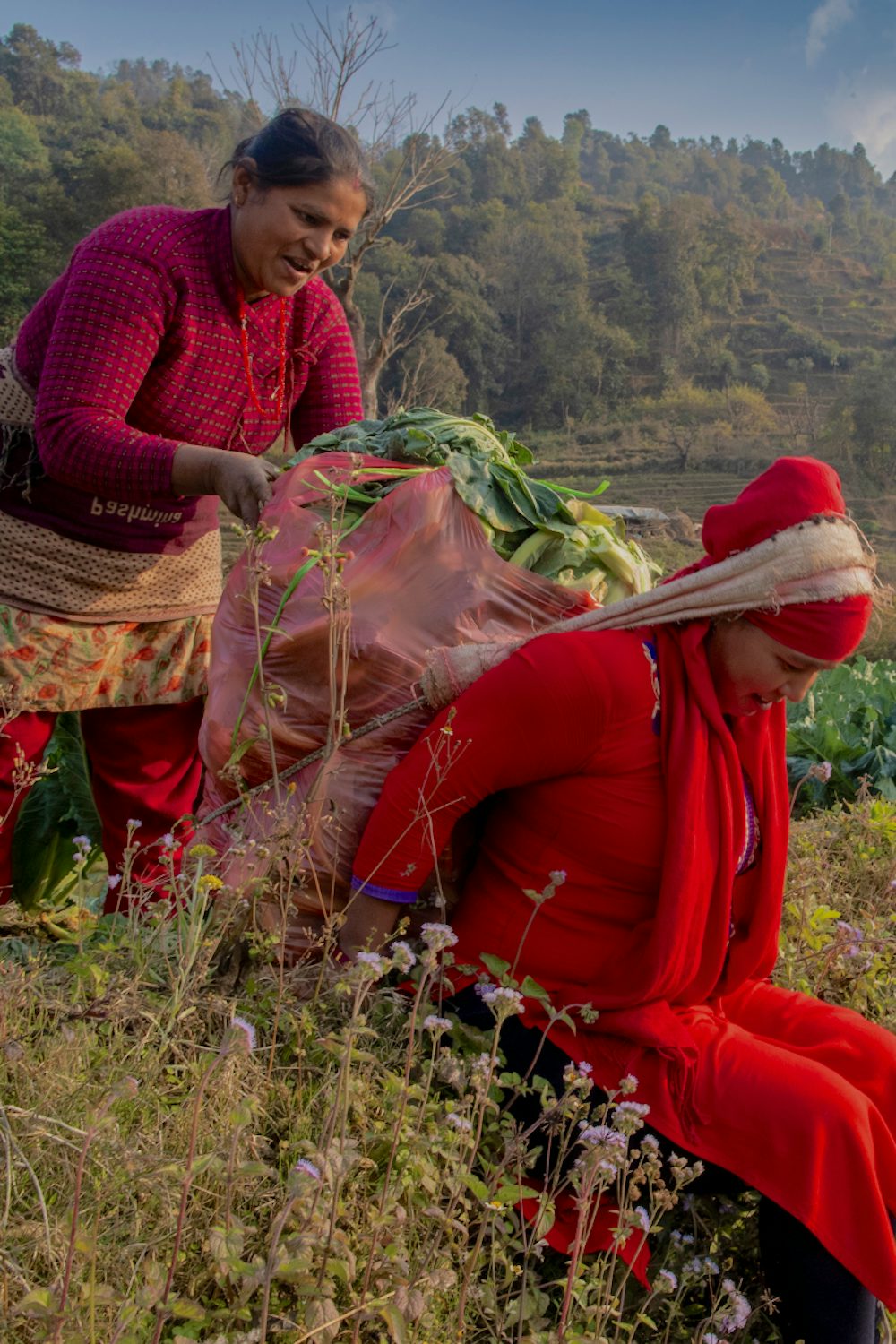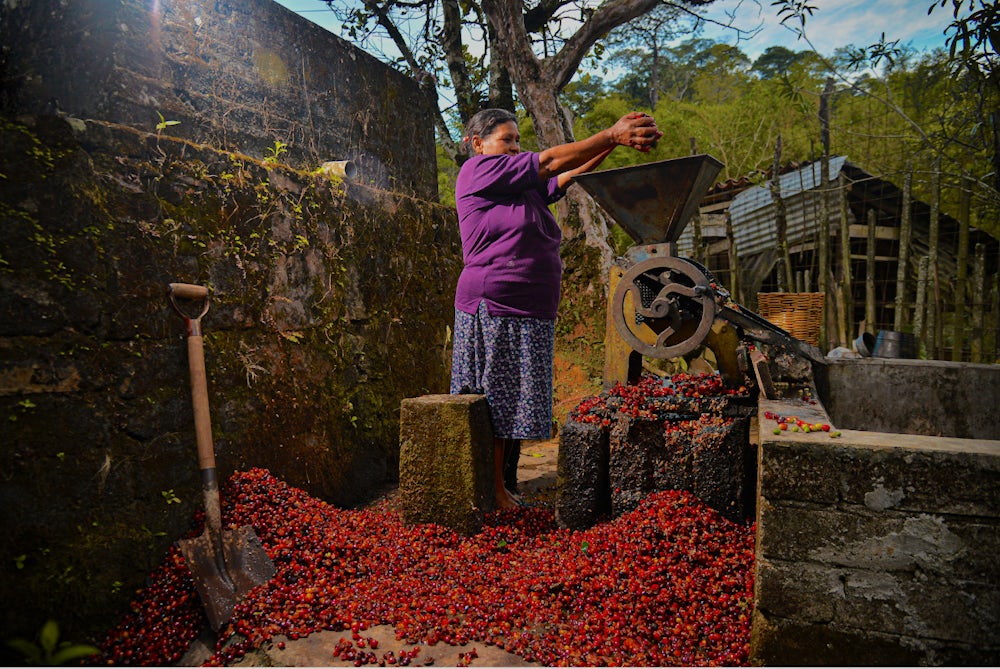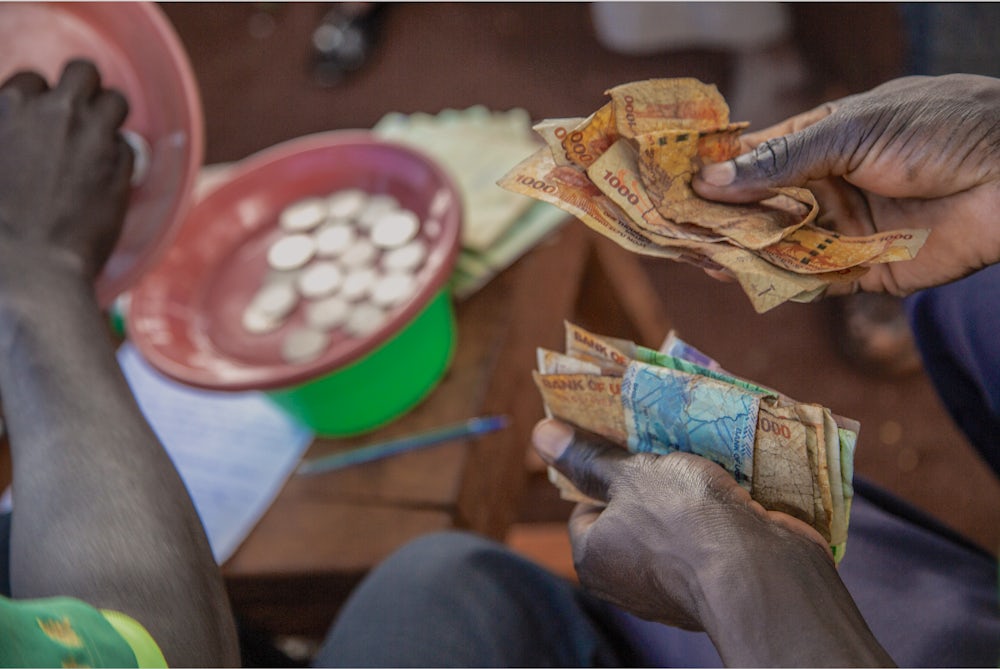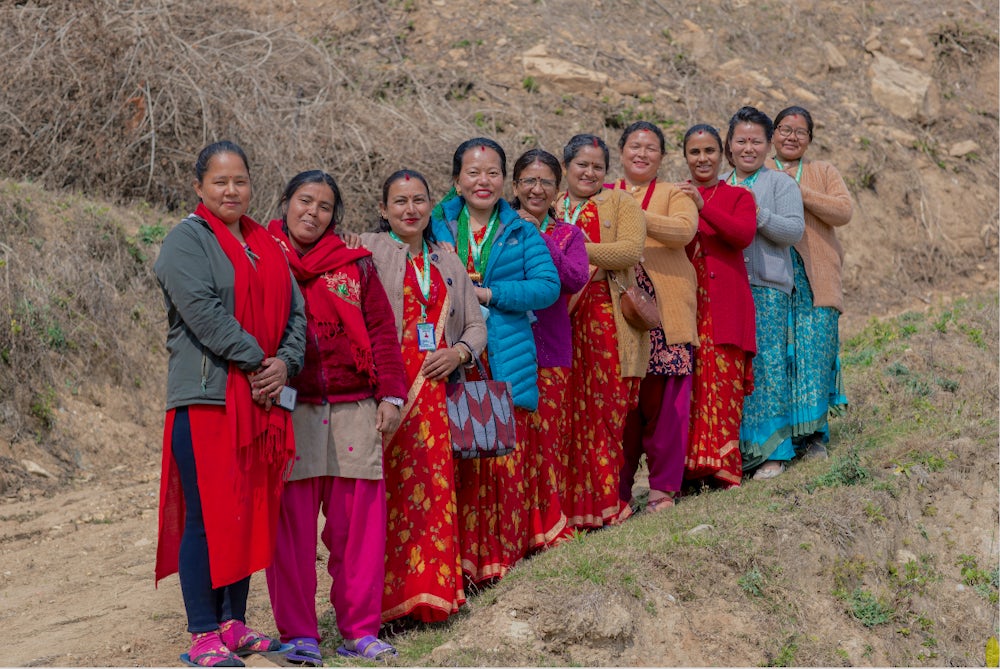
As we approach the midpoint of our journey through the 2030 Agenda for Sustainable Development, our collective progress toward building a sustainable future is waning.
Should our trajectory remain unchanged, an alarming 574 million people are projected to be entrapped in poverty in 2030, while close to 670 million people are estimated to still be contending with hunger.
Among those most vulnerable are the world’s 500 million smallholder farmers. In many low- and middle-income countries, smallholder farmers, especially rural women producers, contend with a lack of capital resources, technical training, leadership opportunities and market access that result in heightened risk of hunger and employment instability.
In this context, farmer-run cooperatives can offer powerful solutions for building resilience and strengthening livelihoods for this critical population.
Historically vital to socioeconomic advancement, cooperatives have long been foundational to mitigating poverty and boosting food security. Through collective purchasing, selling and resource sharing, agricultural cooperatives and other types of farmer-producer organizations increase smallholder farmers' decision-making power, market access and productivity, integrating them into local economies and assisting their climb out of poverty.
In a recent roundtable panel discussion moderated by Devex Senior Reporter Teresa Welsh, experts from Malawi, Nepal and Mexico shared professional insights to unpack the role of farmer-led cooperatives in fast-tracking sustainable growth, while bringing attention to obstacles. Watch the full discussion and read through the highlights below.
In Mexico’s southern Chiapas State, the Anepaan O'Depüt coffee cooperative is creating waves not only in the organic and fair-trade coffee sector but also in the arena of gender dynamics, explained Isabel Camacho, panel speaker and manager of Anepaan O’Depüt.
Engaging women in leadership and supporting them with initiatives such as financial education have given women a voice in family finances, a noteworthy development in communities where the laborious work of women on the farm doesn't often afford them financial influence.

"Normally, in that area, the women working in the coffee fields were also working for the families,” said Isabel. "They were generating money, but they weren't part of … the decision of what was happening with that money [and] how they were investing … it for the families. Now they do."
Critical to the cooperative’s success has been including men in training and enterprise activities and, especially, highlighting the economic gains of women’s participation.
Neena Joshi, Heifer’s senior director of Asia programs in cooperative development, echoed the need to include men in dialogue on gender equity, based on her experience supporting hundreds of women-led cooperatives in Asia.
"It's very important to help them understand that it's not winning or losing. It's win-win," Neena said. "Bringing men together helps them understand that if we allow women to be stronger, they are not winning over [men]. We are actually working together to build a better society."
The CEO of the National Smallholder Farmers Association of Malawi (NASFAM) argued that cooperatives should appeal to the new generation of farmers by reducing farming "drudgery" and underscoring the income potential of improved market access.
The more we can help farmers increase their incomes through cooperatives, she explained, the more interested youth will become.

The dynamic perspective young people bring to farming is also an opportunity for traditional cooperatives to operate in a new way, one in which older farmers aren’t the only individuals who hold authority and technology and modernization are embraced.
In Malawi, she sees potential in younger farmers — some recent college graduates — engaged in horticulture who have banded together to create their own co-ops and produce high-value crops for export.
"There are many benefits of having these farmers within our cooperatives. [Young farmers] are more willing to try out new technologies,” Betty explained. “They're more innovative. So that is also something they can pass on to the older farmers."
Nongovernmental organizations (NGOs) like Heifer can reshape the landscape for farmer cooperatives by going beyond the typical approach of temporary financial aid and focusing more on fostering long-term resilience.
"Sometimes, when NGOs come and help, it becomes unhelpful help," Neena said. "They increase the dependency to such a level that when they pull off, there is a question of sustainability."
Heifer’s model focuses on soft skills development, business planning and connecting co-ops with strong networks, including banks, insurance companies and market actors. Training farmers to manage relationships is an investment strategy that has led to considerable success, and a strategy Neena recommends for donors interested in sustainable development.

“It's about people,” she said. “There's more traction these days to invest in more hard [resources], like technology assets, but at the end of the day, it's the people. So there … needs to be more investment on the soft skills and value development, especially [for] cooperatives, [which] are value-driven entities.”
This roundtable spotlights agricultural cooperatives' power to uplift smallholder farmers and advance the Sustainable Development Goals.
In closing, panelists urged the donor community to recognize cooperatives as the best way to address the multifaceted challenges smallholder farmers face and provide tools for smallholders to transform over the long term, arguing that lasting endurance and autonomy can come from strategic investment in people.
As we strive to meet the 2030 Agenda, our united efforts take on heightened significance. We invite you to join the conversation — follow Heifer International on LinkedIn to stay connected for our future roundtable events.